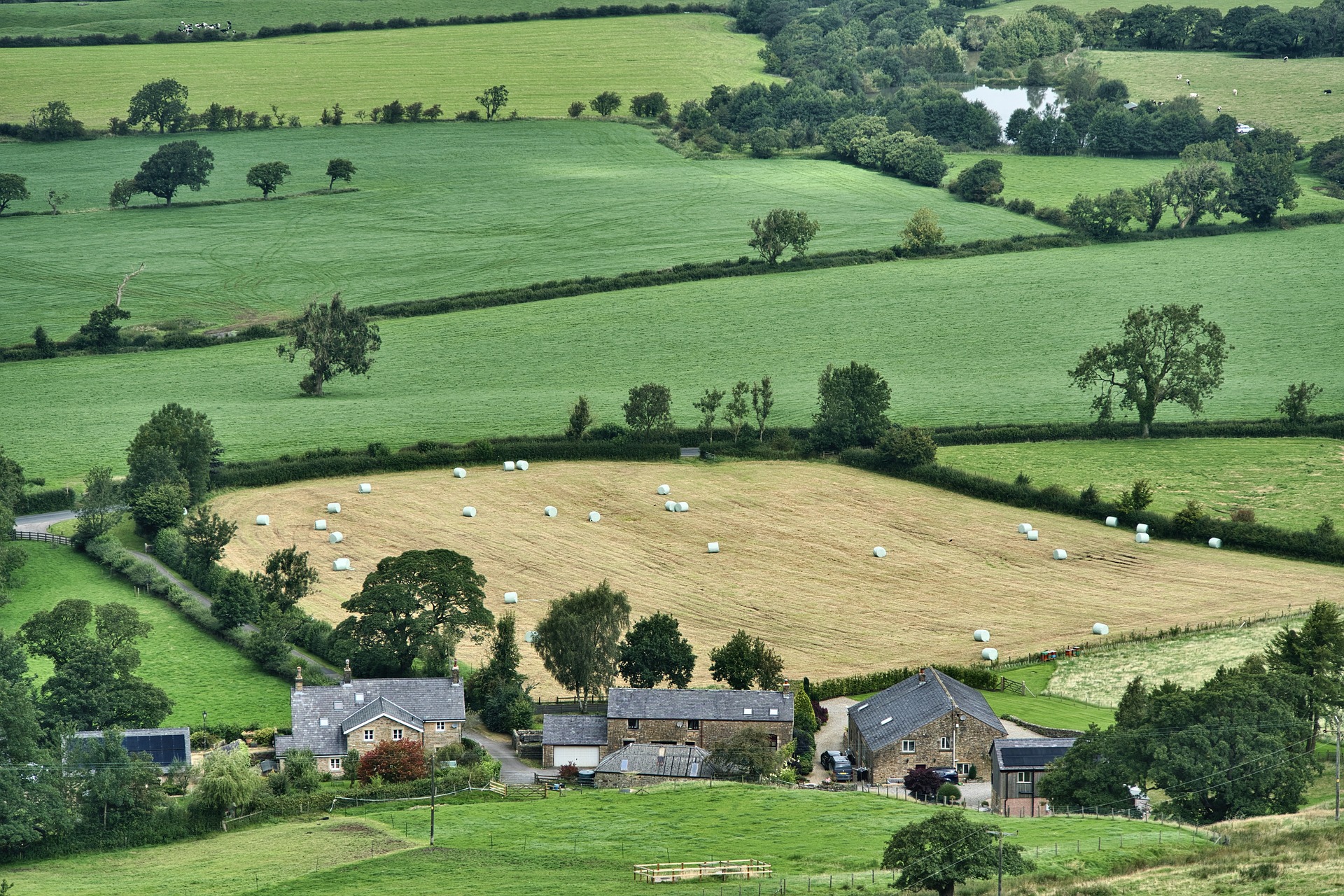Rural landowners now have much-needed clarity on future planning after a tax relief long confined to food production was extended to include environmental services.
Agricultural Property Relief (APR) from Inheritance Tax is to be extended from April 2025 to transfers, on death and lifetime, of farmland put into qualifying environmental agreements.
The extension, unveiled in Chancellor Jeremy Hunt’s spring Budget, applies to “land managed under an environmental agreement with, or on behalf of, the UK Government, devolved administrations, public bodies, local authorities, or approved responsible bodies”, which includes the Environmental Land Management scheme in England.
Purely private environmental agreements without a responsible body could remain outside the extension but this will be reviewed as standards for natural capital investment are developed for accreditation.
Farmers and landowners have long expressed concern that entering environmental schemes could prejudice a future claim for APR, as the definition of “agricultural” has historically been defined as essentially “food production”.
With the Westminster Government pushing hard for more environmental action from farmers, this announcement is not unexpected, but is well overdue, as it aligns and better balances the two outcomes. The removal of this significant uncertainty is a welcome development for both landlords and tenants.
Although there is a perception that there is a binary divide between food production and so-called “rewilding”, many farmers are seeking to utilise the Sustainable Farming Initiative (SFI) to help to manage market risks and to transition to farming in a more sustainable manner.
To apply the SFI provisions to best advantage requires clear farming objectives and a detailed knowledge of how best to apply the appropriate prescriptions to best effect. Galbraith’s advisers are well placed to provide this advice.
Natural Capital: Galbraith’s expert advisers guide our clients in realising value in all land uses – by assessing and measuring natural assets, furthering opportunities in biodiversity net gain, and ensuring stakeholders are rewarded fully for their investment in and contribution to delivering ecosystem services and net-zero outcomes.
